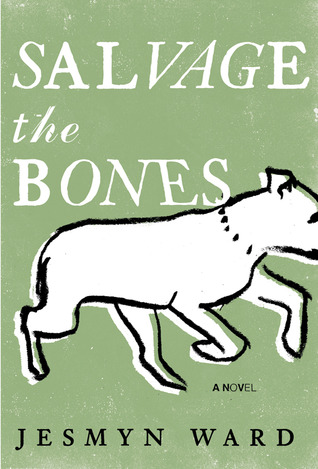Books of a Feather:
Hurricane Katrina
As the morning of August 29, 2005 dawned a drastic change had overcome the Gulf Coast of the USA. A category 5 hurricane had finally made landfall and caused devastation that had not been seen in the area in decades. Most upsetting was the aftermath faced by the affected communities, the poor response by governmental agencies and neighboring areas in the wake of the flooding, and the discovery that the worst of the catastrophe was not done by the hurricane itself but by human hands.
In the summer of 2016 I had the opportunity to visit New Orleans, Louisiana for a wedding and traditional second line. Exploring the city was an amazing adventure and one that I look forward to repeating in the future. There was not near enough time to thoroughly delve into the beautiful culture of the area. A blues festival was in full swing in a park outside the tourist areas which, in addition to incredible music, also featured delicious food and gorgeous crafts. And speaking of food, it is impossible to truly describe the unbelievably scrumptious delicacies to someone who had never been there to taste it for themselves.
While most of our trip was spent absorbing local society (and checking out those infamous tourist traps too), we did make time on our last day to take in some history of the region using a guided tour. Considering New Orleans has a past dating all the way back to 1718 there was a lot of ground to cover, literally, as we biked our way across the city.
One of the topics that inevitably came up was Hurricane Katrina. By this point New Orleans had mostly recovered from the most visible damage. It was a rare sight to see one of the condemned properties still standing, although we did drive past one near where some friends had lived back in 2005. For the most part visitors like us had to rely on personal accounts and pictures from that period to scratch the surface of the disaster and how it had impacted the region.
As I tend to do when a topic catches my attention I felt the need to read every book I could get my hands on that documented Hurricane Katrina and its consequences. Below are some recommendations for reading material if the topic captures your interest as well.
This account of what happened to one man and his family during and after Hurricane Katrina was mesmerizing. This book captures the dangerous intersection of race relations and public safety during the response to a natural disaster. Abdulrahman Zeitoun stays behind while his wife and children evacuate the city as news of the impending hurricane worsen. Zeitoun sees the destruction up close as well as the best and worst of humanity in action. What happens to him during the aftermath is appalling and speaks loudly of the treatment so many citizens experience when officials turn off compassion and common sense when they think no one is watching.
For a visually affecting account of Hurricane Katrina you need look no further than Don Brown's graphic novel. The images drawn on these pages brings into sharp focus what was happening to real people during the disaster. The emotion is so palpable and it gives a clear idea of the fear and pain those left behind felt. For a young reader who is exploring the impact this hurricane had on New Orleans this is a fantastic place to start the journey.
I recently reviewed Jesmyn Ward's novel Sing, Unburied, Sing but back in 2011 she published another novel, Salvage the Bones, which follows the story of a poor African-American family in rural Mississippi. Rather than focusing on the hurricane itself, this novel depicts normal life as reports of Katrina are just creeping up on the radio. Unlike the other books listed in this category, here we only experience the devastation as it happens in the last few chapters and are left with mere speculation as to the lasting impact that may be felt by these characters.
If you have any interest in a more political angle on the recovery of New Orleans after Katrina this is a great account of the lasting impact on the city. Here you can follow the fall out and domino effect the flooding had on the local government and businesses and why it took so long for the region to recover. After reading Rivlin's report I had a much better understanding of how this horrible tragedy could get so out of hand and a grasp of the major players and events involved.





Comments
Post a Comment